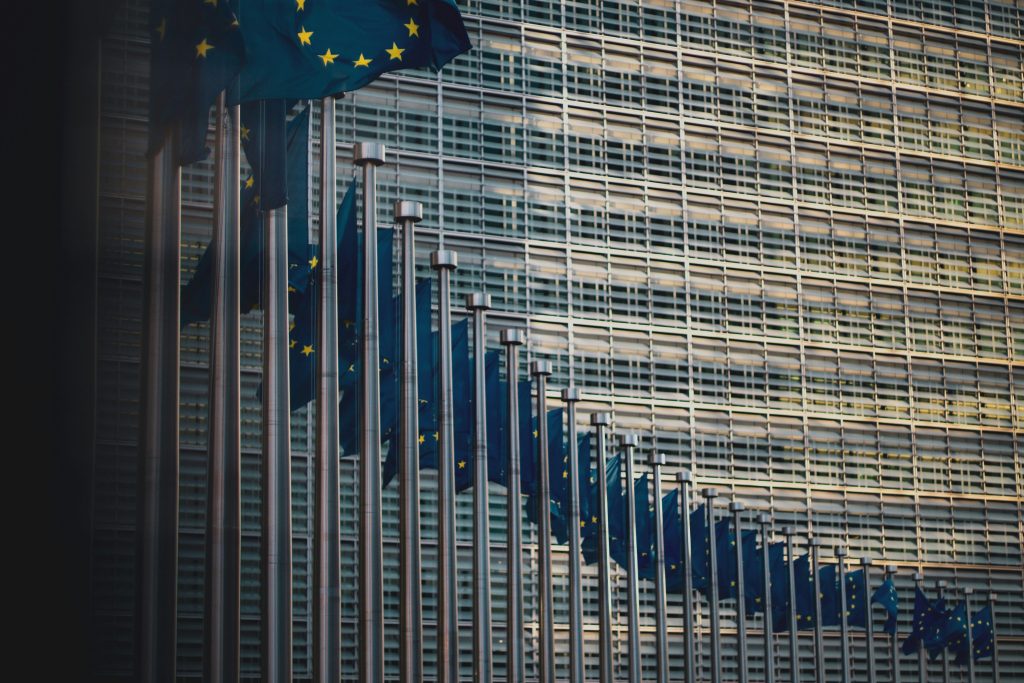[FR] Why they Wanted Europe

The foundation stone of European integration was laid, let us not forget, on 9 May 1950 in Paris by Robert Schuman, then Minister for Foreign Affairs, in a declaration prepared in close collaboration with Jean Monnet, Commissioner for Planning. In order to eliminate the ‘age-old opposition’ between France and Germany, Schuman proposed placing Franco-German coal and steel production under the authority of a common organisation, which he invited other Western European countries to join, presenting it as ‘the first concrete steps towards a European federation essential to the preservation of peace’.
France thus broke quietly but deliberately with a policy to which it had been deeply committed since the Treaty of Versailles, namely the territorial, economic and financial concessions imposed on Germany by the victors to limit its rise to power. At the same time, the Fourth Republic regained the initiative on the European stage, where the onset of the Cold War had paralysed its action, with the Americans and British no longer bothering to take its demands into account in their relations with the fledgling Federal Republic.
The Schuman Declaration was therefore a pivotal event in the history of our continent, at least as important as the reversal of alliances in the mid-18th century, when Louis XV renewed ties with Catholic Austria and the Habsburgs, long-time enemies of the Bourbons, to the detriment of his former ally, Protestant Prussia. It was to serve as a beacon for French policy in controlling the balance of power in Western Europe until the fall of the Berlin Wall and beyond, when Mitterrand obtained from Kohl’s Germany, as the price of reunification, the abandonment of the mark and the creation of the euro.
Paradoxically, the National Assembly’s decision in 1954 to reject the European Defence Community and its embryonic political Europe shook the very idea of political union, but did not alter the general direction of France’s new diplomatic strategy. Contrary to the expectations of most of its supporters, General de Gaulle endorsed it as soon as he returned to power. He decided to implement the Treaty of Rome, which relaunched the Community project after the failure of the EDC, and he endeavoured, not without success, to use it for his own purposes. From Pompidou to Chirac, his successors did the same, each in their own way, taking into account developments in Europe and the world.




